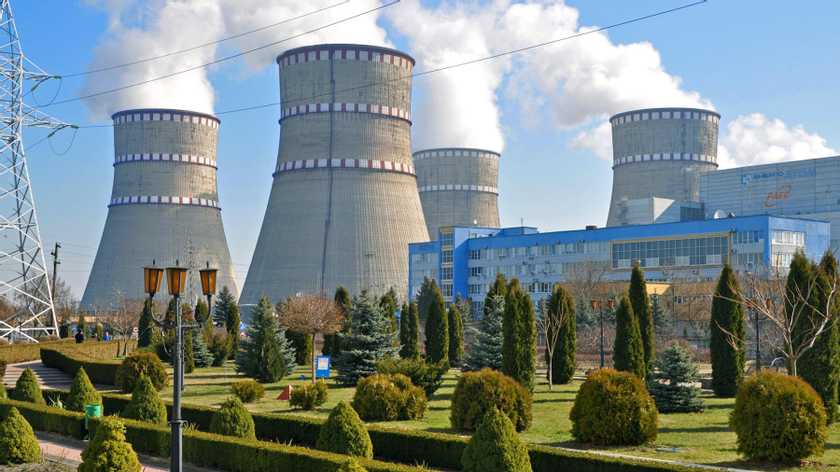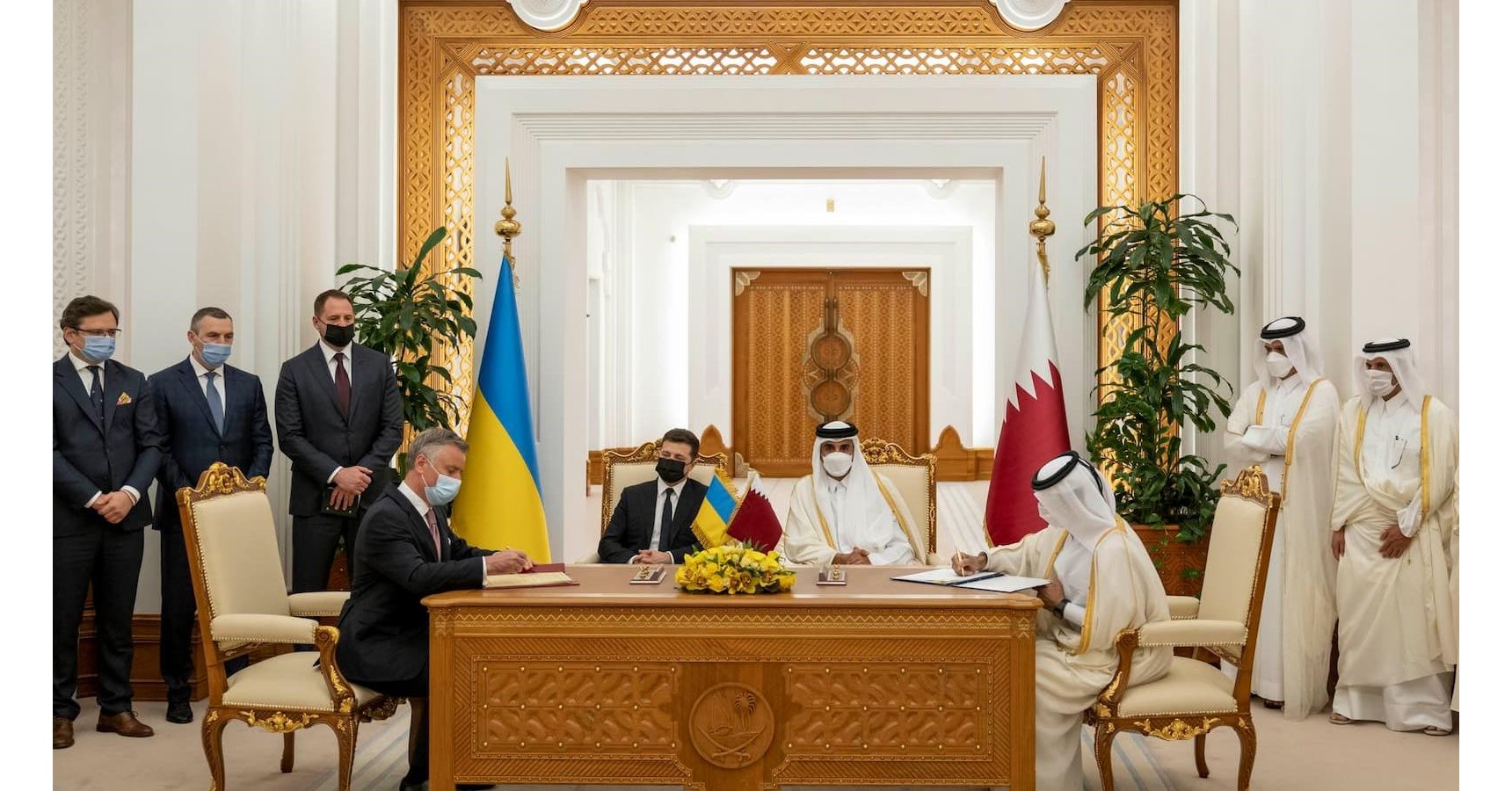Many Hungarians living in Ukraine never learn the state language and often can't speak it.
Gergely Gulyás said it on 29 September at a government briefing, commenting on Ukrainian objections to the Hungarian-Russian gas long-term agreement on natural gas supply along a route bypassing the Ukrainian gas transport system amid broader European concern over Russian gas supply policy and soaring gas prices.
"The Ukrainian revenge took place long before the gas agreement with the Russians, as Ukraine roughly restricted the use of the mother tongue by the Hungarians of Transcarpathia by amending the Education Act and did not give any international opinion on its amendment, which is why Hungary will continue to block accession negotiations with NATO," said Mr. Gulyás.
What the Ukraine-Hungary gas row is about
[boxright]
"Gazprom is not only a commercial structure but a gas-political instrument of the Kremlin. And gas for the Kremlin is a weapon and a mechanism for corrupting political elites” — Mykhailo Honchar, President of the Centre for Global Studies.
[/boxright]
Hungary signed a fifteen-year gas purchase contract with the Russian majority state-owned gas corporation Gazprom on 27 September. The deal envisages transporting the gas via Russian pipelines, which bypass Ukraine.
The Ukrainian Ministry of Foreign Affairs slammed the deal in its statement, saying:
"We are surprised and disappointed by Hungary's decision to sign in Budapest on September 27, 2021, a new long-term contract with Russia’s Gazprom Concern for the supply of gas bypassing Ukraine."
The Ministry called the deal a purely political and economically unviable decision taken in favor of the Kremlin and to the detriment of Ukraine's national interests and Ukrainian-Hungarian relations, which "does not comply with the principles of the Treaty on Good Neighborliness and Cooperation between Ukraine and Hungary of December 6, 1991."
Ukraine postponed a meeting of the Joint Ukrainian-Hungarian Intergovernmental Commission on Economic Cooperation, and asked the European Commission to assess whether the agreement respects EU energy legislation.
The next day Hungary summoned the Ukrainian ambassador. Hungarian Foreign Minister Péter Szijjártó commented on this step as follows,
"We regard it a violation of our sovereignty that Ukraine wants to block a secure gas supply for Hungary," he said.
Szijjártó also said that he was deeply outraged by the Ukrainian government’s decision to challenge this treaty at the European Commission.
“The Ukrainians have nothing to do with what we agree [and] with whom,” he wrote.
Ukraine, in turn, summoned the Hungarian ambassador.
"Gas transportation bypassing Ukraine undermines our country's national security and Europe's energy security," Dmytro Kuleba, the Ukrainian Foreign Minister, commented to Reuters.
At the end of his remark, Hungarian Minister of the Prime Minister's Office Gergely Gulyás said that it is utterly unfortunate that the neighboring state is ultimately unable to appreciate the series of gestures that Hungary has made despite the serious debates that currently exist.
He did not specify which gestures exactly were made.
Further reading:
- Obey the Kremlin or pay up: why the EU’s heating bills will skyrocket this winter
- The 2021 Brussels NATO summit: triumph or defeat for Ukraine?
- Nord Stream 2 сonstruction сompleted, but gas flows unlikely in 2021
- What next for Nord Stream 2? The legal battle in Europe begins
- Kremlin propaganda spreads divisions between Hungarians and Ukrainians by exploiting century-old Treaty of Trianon
- Ukraine and Hungary move to settle differences over national minority legislation (2020)
- Parliamentary Foreign Committees of nine countries oppose Nord Stream 2
- Ukraine-Hungarian relations: a tale of mounting mutual mistrust
- How Hungary became a weapon of Russian disinformation
- Russia’s March-2018 gas war attempt against Ukraine, explained
- "Hungary’s Jobbik Party shows itself to be Putinist, not Hungarian nationalist"
- Separatism Transcarpathian style: is Hungary aiming to grab a part of Ukraine? (2017)
- Hungary openly helping Putin destabilize Ukraine (2015)





